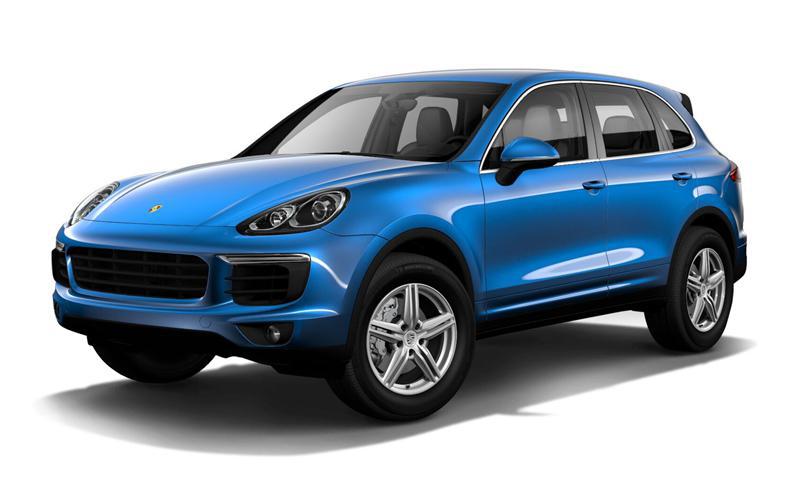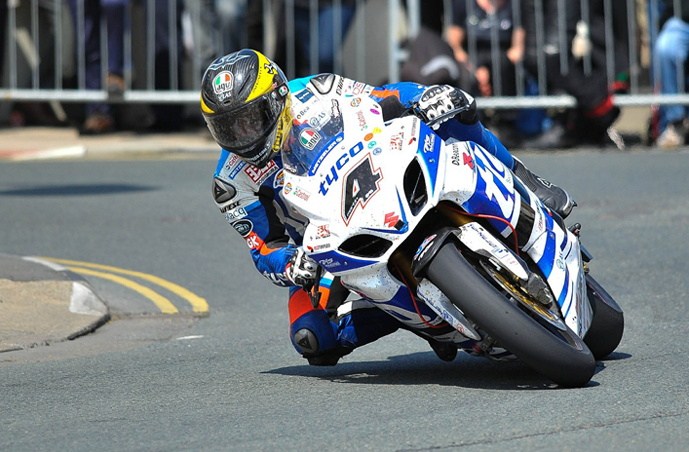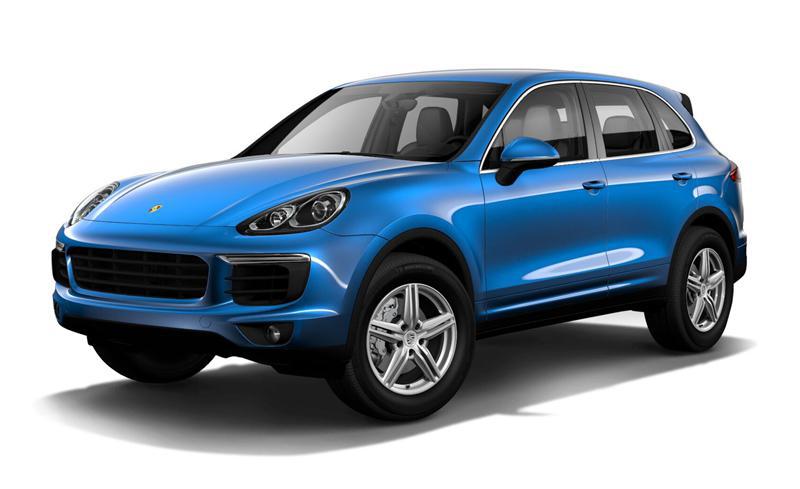
Breakthrough Cancer Therapy for Dire Cases Gets FDA Approval
U.S. regulators approved a revolutionary fresh cancer treatment from Novartis AG on Wednesday, the very first in a group of coming therapies that suggest breakthrough cures for dire cases as well as stratospheric costs.
Known as CAR-T therapy, the treatment involves extracting a patient’s immune system cells and modifying them to attack aggressive blood cancers. Novartis will charge $475,000 for the one-time drug, called Kymriah, and said it’s developing programs where it will only get paid if patients react to it.
The U.S. Food and Drug Administration’s approval came weeks earlier than scheduled. It’s a benchmark moment for patients, who in latest years have gained fresh treatments for skin, lung and blood cancers that once considered incurable. It’s also a validation for the drug industry amid a high-stakes race to predominate a market worth billions of dollars.
“We’re injecting a fresh frontier in medical innovation with the capability to reprogram a patient’s own cells to attack a deadly cancer,” FDA Commissioner Scott Gottlieb said in a statement.
The immune system has proven a potent weapon for pharmaceutical developers. Some of the fresh treatments undo cancer’s cloaking mechanisms that enable tumors to hide from the bod’s defenses. Others, like Novartis’s, actually modify the cells in a elaborate, one-off process and help them attack the disease.
Pricing Decision
Novartis said it could have charged as much as $600,000 or $750,000 for the treatment and still been cost-effective.
“We’re very convenient” with the price, said Bill Hinshaw, head of the company’s U.S. cancer business. “We believe we are well within and below the range of standard of care in these models.”
The company has made an agreement with the U.S. government to pay for the drug only when pediatric or youthfull adult patients with the cancer react to treatment by the end of their very first month. That agreement could have implications for other drugmakers developing costly one-time, curative therapies. Novartis said its working on similar agreements with other payers.
Even with the $475,000 cost, the drug is expected to generate limited revenue at very first, because of the relatively puny number of patients, said Tim Anderson, an analyst with Sanford C. Bernstein & Co.
About Trio,100 Americans aged twenty and junior are diagnosed with acute lymphoblastic leukemia each year, according to the National Cancer Institute. Of those, about six hundred patients whose disease relapses or doesn’t react will be eligible for the Novartis treatment, according to the company.
Expanding Use
Future uses for the drug in more cancers “could be much larger, but the offset to a larger population would be a lower price most likely,” Anderson said in a note to clients. He said he expects the company to price the drug differently for other cancers.
The drug is approved for children and youthful adults up to age twenty five with cancers that don’t react to traditional treatment, or who are suffering from a 2nd relapse, a broad indication that will give more patients access to the novel technology. The FDA’s approval came weeks ahead of schedule.
With the treatments available now, fewer than ten percent of patients with relapsed, hard-to-treat ALL are alive five years after diagnosis. In a trial of Kymriah, eighty three percent of sixty three patients with hard-to-treat disease were in remission within three months, according to Novartis.
The approval of Novartis’ CAR-T therapy comes just two days after Gilead Sciences Inc. announced an agreement to spend $11.9 billion and buy Kite Pharma Inc., which is developing its own CAR-T therapy scheduled for an FDA ruling by Nov. 29. Gilead shares rose Five.1 percent to $79.57 at 12:55 p.m. in Fresh York.
Shares of Novartis closed on Wednesday at 79.25 euros, up less than 0.1 percent.
“We’ve never seen anything like this before,” said Stephan Grupp, director of the cancer immunotherapy frontier program at Children’s Hospital of Philadelphia, the very first medical center to investigate Kymriah in children. “I believe this therapy may become the fresh standard of care for this patient population.”
Kymriah will carry a boxed warning because of the treatment’s potential to cause deadly side effects, including neurological complications and what’s known as cytokine release syndrome, a systemic reaction triggered by the destruction of the cancer cells. The FDA also approved Roche Holding AG’s Actemra to treat patients with cytokine release syndrome, pointing to research that shows sixty nine percent of patients suffering from it improved downright after one or two doses.
Shares of Juno Therapeutics Inc., another CAR-T maker, fell Five.8 percent to $41.26. Bluebird Bio Inc., which is also developing one of the treatments, rose thirteen percent.

